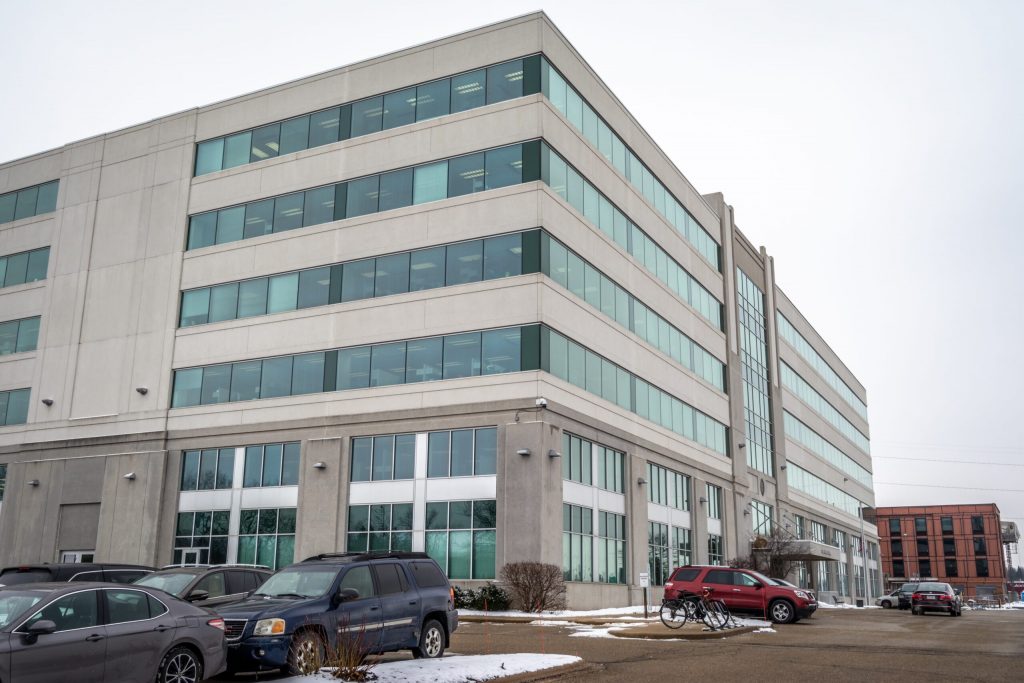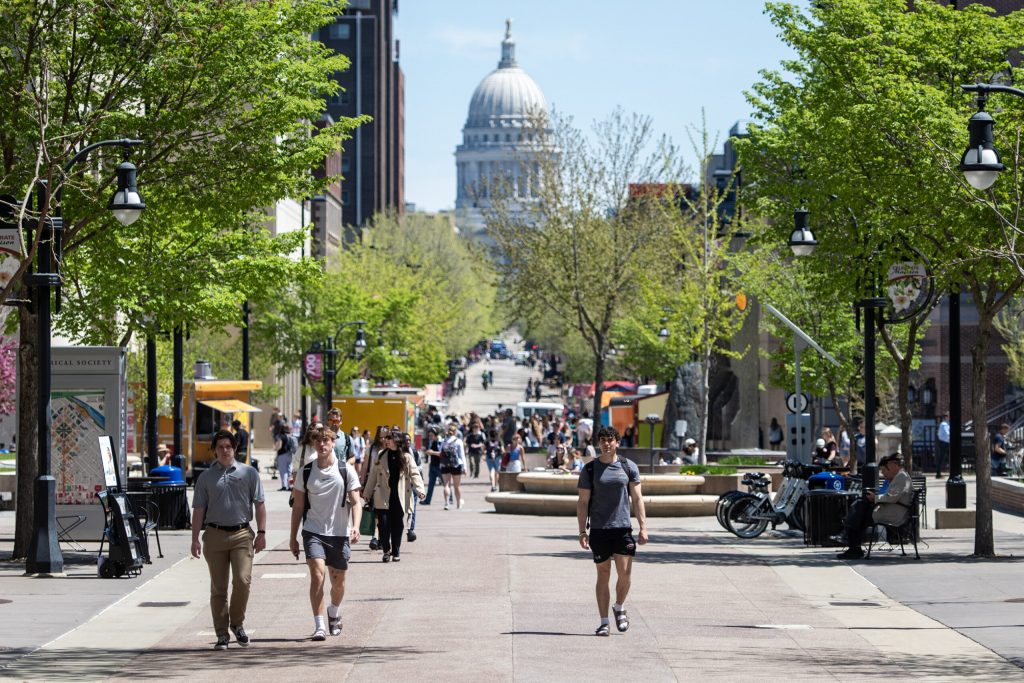Cities With State Buildings Get Boost from Wisconsin Budget
Special funding since universities, prisons, state offices pay no local taxes.
Wisconsin’s new budget boosts some of the funding available to local communities, including those that are home to state buildings.
State buildings are exempt from property taxes, but Wisconsin does compensate the cities, villages and townships where those facilities are located. The increased funding will affect hundreds of communities that house state facilities ranging from prisons to universities to office buildings.
Wisconsin’s recently-enacted two-year budget allocates about $25 million for the Municipal Services Payment Program, which amounts to a statewide increase of about $7 million per fiscal year.
It’s the first time the state has increased its allocation for those municipal service payments in more than two decades. Under the changes, communities will be reimbursed for about half of their police, fire and garbage costs at state facilities.
Jerry Deschane, who leads the League of Wisconsin Municipalities, said local communities are grateful for the boost.
“This was a good budget for local governments,” Deschane said. “The bottom line is the Legislature and local communities got together and agreed now is the time.”
Democratic Gov. Tony Evers signed the state’s new $111 billion spending plan on July 3 after it was approved by the Republican-controlled Legislature.
In a budget proposal released earlier this year, Evers had asked for higher funding levels for the Municipal Services Payment Program, which would have reimbursed communities for about 72 percent of their costs.
Currently, Madison — home to the state Capitol and Wisconsin’s flagship public university — gets the biggest payout from the program at about $8 million a year. Under the changes, Madison’s payment could rise to as much as $11 million annually, according to an estimate provided by a city spokesperson.
Madison Mayor Satya Rhodes-Conway applauded the increase, saying it would “help correct an imbalance.” She noted reimbursement amounts had stagnated for decades, even though costs to provide city services have risen.
“It’s a significant step in the right direction for basic fairness and providing property tax relief to our residents,” Rhodes-Conway said in a statement.
In all, municipal service payments will make up slightly more than 1 percent of the city’s budget, Madison spokesperson Sam Munger said. He said that could help close part of a projected shortfall. In its 2026 operating budget, the city is projecting a $6 million gap between its expected revenues and its anticipated costs to continue to services at the current level.
The cities of La Crosse and Oshkosh come in third and fourth place. They each got about $1 million from the program’s most recent funding round.
This spring, the Oshkosh Common Council approved a resolution urging Wisconsin lawmakers to amp up compensation for municipal services so that communities could be reimbursed for 100 percent of their costs.
The resolution said doing so would ensure fairness and alleviate “the disproportionate tax burden on local citizens for the operation of state facilities.”
Oshkosh is home to a University of Wisconsin campus, the Oshkosh Correctional Institution, a state psychiatric hospital and Wisconsin Army National Guard facilities.
Local communities with state buildings get boost from Wisconsin budget was originally published by Wisconsin Public Radio.
If you think stories like this are important, become a member of Urban Milwaukee and help support real, independent journalism. Plus you get some cool added benefits.























111 Billion?? How is this number being calculated?